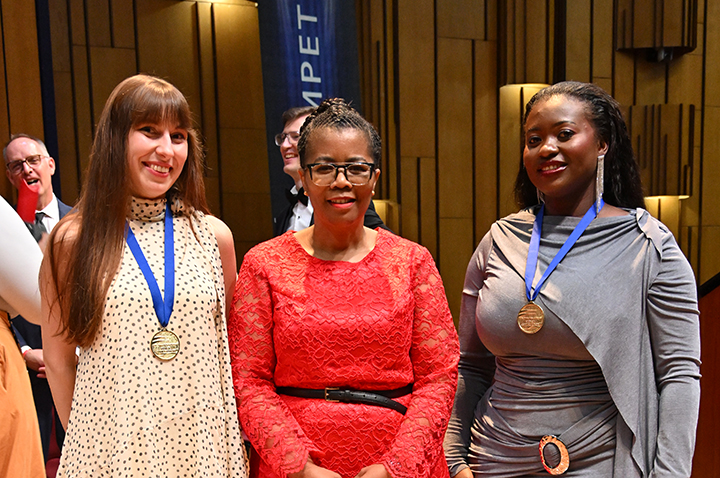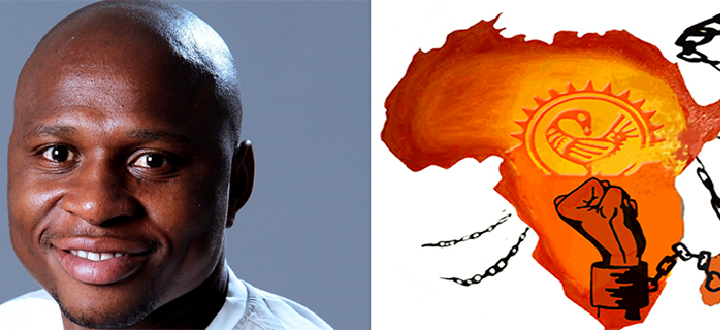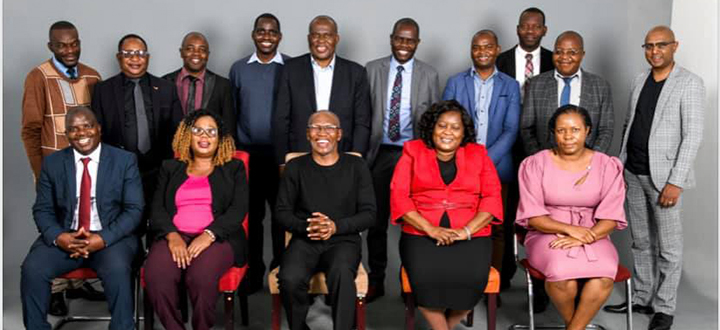
On the morning of 14 October 2020, the UNESCO Chair of Open Distance Learning at Unisa held its eighth virtual research seminar, featuring Dr Rita Kizito, Director: Centre for Learning, Teaching and Development (CLTD) at the University of the Witwatersrand (Wits).
A total of 70 UNESCO Chair research seminar patrons were logged in on the Microsoft Teams portal and in attendance. In unpacking the issues from the title of her presentation, "Moving from challenges to opportunities: what will become our 'new normal' for teaching and learning in an open distance learning (ODL) framework", Kizito prefaced her talk with the metaphor of the proverbial fork in the road, suggesting that this is where the world is post Covid-19. She challenged everyone to think critically and self-reflectively about the future of ODL in the post-Covid-19 era, and posed the following questions:
Kizito flagged the challenges and opportunities of the post-Covid-19 era as follows:
Critically, Kizito appealed for the embracing of indigenous African epistemologies, ontologies and pedagogies as an alternative way of enhancing the motivation and concomitant success of students, especially the majority whose roots remain in the peripheral and marginalised rural communities. Her thesis is that it is in the rural communities where the "ethic of care" remains a key indicator for "humanised pedagogy".
In the November research webinar session, the UNESCO Chair on ODL will host Prof Jako Olivier, the incumbent of the UNESCO Chair on Multimodal Learning, North West University. Do not miss out!
* By Moeketsi Letseka, incumbent of the UNESCO Chair on ODL at Unisa & Dineo Horner, Acting Communication and Marketing Specialist, College of Education
Teaser image by Richard Croft / A fork in the road / CC BY-SA 2.0
Publish date: 2020/10/19
 Unisa celebrates a project of hope, dignity and student success
Unisa celebrates a project of hope, dignity and student success
 Women vocalists take top honours at Unisa's globally renowned showcase
Women vocalists take top honours at Unisa's globally renowned showcase
 African wealth is dependent on investment in education and development
African wealth is dependent on investment in education and development
 Unisa celebrates matric result success at Correctional Services ceremony
Unisa celebrates matric result success at Correctional Services ceremony
 Unisa ICT Director recognised among acclaimed IT leaders
Unisa ICT Director recognised among acclaimed IT leaders